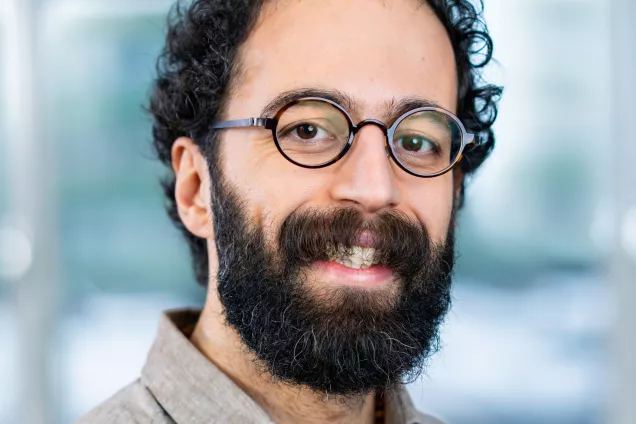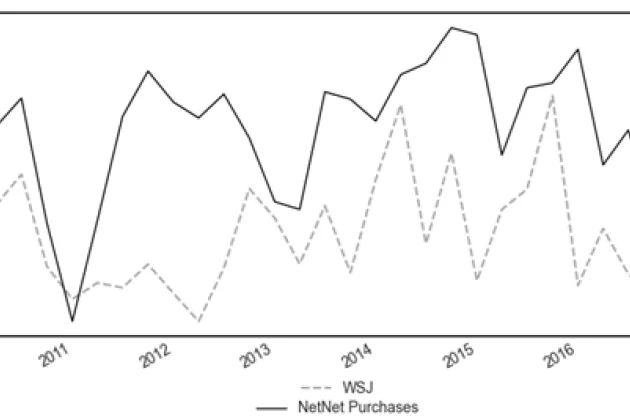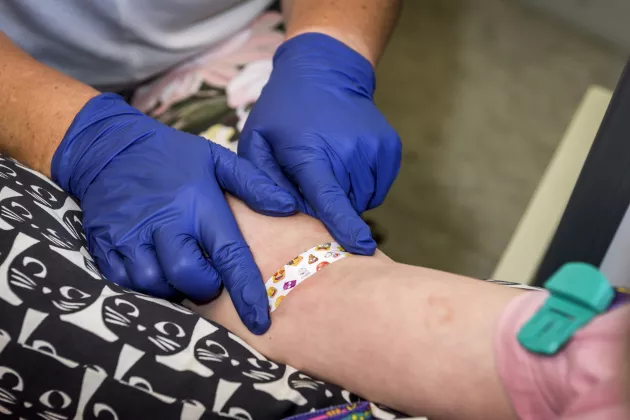The Sahel is one of the world’s most neglected and conflict-ridden regions. The combination of the ongoing humanitarian and security crisis with a health crisis imposed by the Covid-19 pandemic has a major impact on the stability of the region. Burkina Faso has become the epicentre of conflict in the Sahel, undermining the country’s health system and individuals’ access to preventive services. According to the World Health Organization, WHO, preventive measures against the spread of the Covid-19 is still the main tool for the national governments in the Sahel to deal with the pandemic, as the region has the lowest vaccine uptake in the world.
-This study, through its use of a unique nationally representative panel survey collected during the first six months of the pandemic by the National Institute of Statistics and Demography in Burkina Faso, offers several insights for future research on the dynamics of violent conflicts and its effect on the adoption of preventive measures to prevent infection by Covid-19 says Mohammad H. Sepahvand and Philip Verwimp.
-Our study gives some guidance that policy interventions towards peace and stability are needed to tackle the Covid-19 pandemic, as our results point to a higher infection rate and a lower rate of adoption of Covid-19 prevention measures as violence increases. Therefore, violence could be a key concern when analyzing adoption of individuals’ behavior to prevent infection by Covid-19. But also towards other disease as the Covid-19 is not the only ongoing epidemic in Burkina Faso and other Sahelian countries, cholera and meningitis are other recurring threats.
The study also finds that gender and poverty appear to play a role for understanding individuals’ adoption rate of preventive measures. Women are more willing to adopt preventive measures against the spread of the Covid-19. Poor individuals in violent areas seems to have lower adoption of preventive measures against Covid-19 compared to the non-poor. With poverty, conflict, and Covid-19 forming a deadly triangle, the fight against the spread of Covid-19 is thus entangled in the fight against poverty and violence, say Sepahvand and Verwimp.
-In the course of doing this study, we observed the closure of many health centers in violence prone areas. This could be a potential mechanism driving our results. Without support and health information, the spread of disinformation, conspiracy theories and propaganda about the virus through different settings both online and offline is unabated. This could in turn influence people’s behaviors and attitudes towards implementing preventive measures against Covid-19, which could increase the infection rate. This is especially relevant in a country such as Burkina Faso, with low level of literacy and weak institutions that will not be able to filter propaganda against the benefits of implementing preventive measures against Covid-19, Sepahvand and Verwimp conclude.
About the author
Mohammad Sepahvand
Postdoctoral fellow
Mohammad Sepahvands profile in Lund University research portal
More information: “Fighting Covid-19 amidst civil conflict: Micro-level evidence from Burkina Faso”
More on the data used in this study: a panel survey on individual’s adoption of Covid-19 prevention measures collected at multiple times, linked with information on all types of past, contemporaneous, and future violence episodes on the municipality and regional level, and infection data from test centers across the country.



